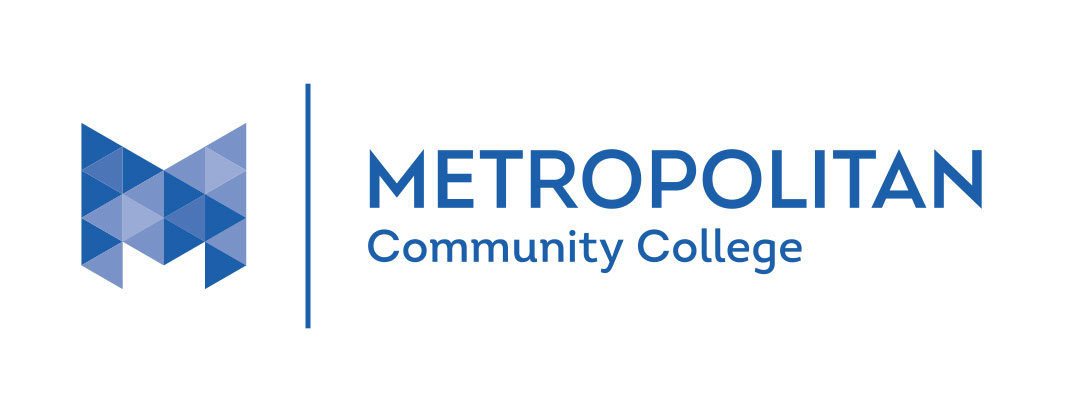Practical Nursing Application and Admissions Process
The Metropolitan Community College Practical Nursing program prepares students interested in helping others as a practical nurse. This is a one-year certificate program.
Practical nurses perform a variety of jobs in public and private healthcare organizations. They care for the sick, check vital signs, assist with patient care planning and more under the director of a physician, registered nurse or nurse practitioner.
Students who successfully complete the program and the subsequent NCLEX-PN examination through the State Board of Nursing can practice as an entry-level PN in the United States.
Students who complete the MCC Practical Nursing program can continue onto the College’s Associate Degree Nursing (ADN) program to receive an associate degree. The ADN program will have a separate application.
To learn more, please call 531-MCC-2400 to schedule a time to meet with one of MCC’s Health Professions Advisors prior to completing the application to discuss career path and course preparation.

